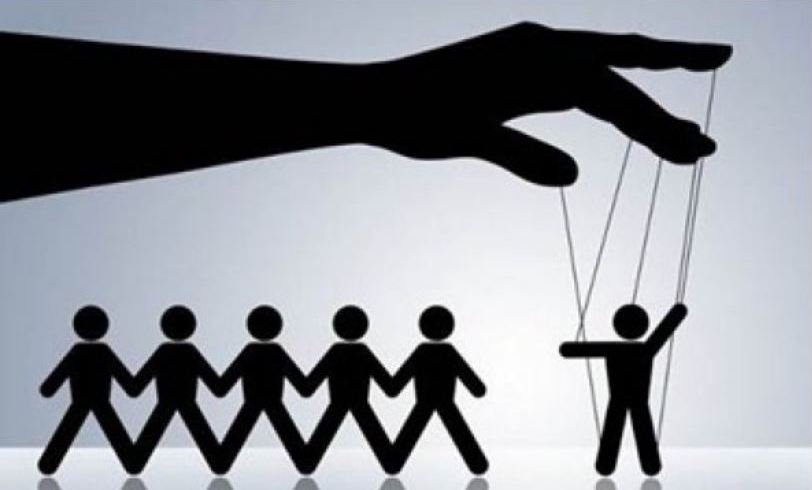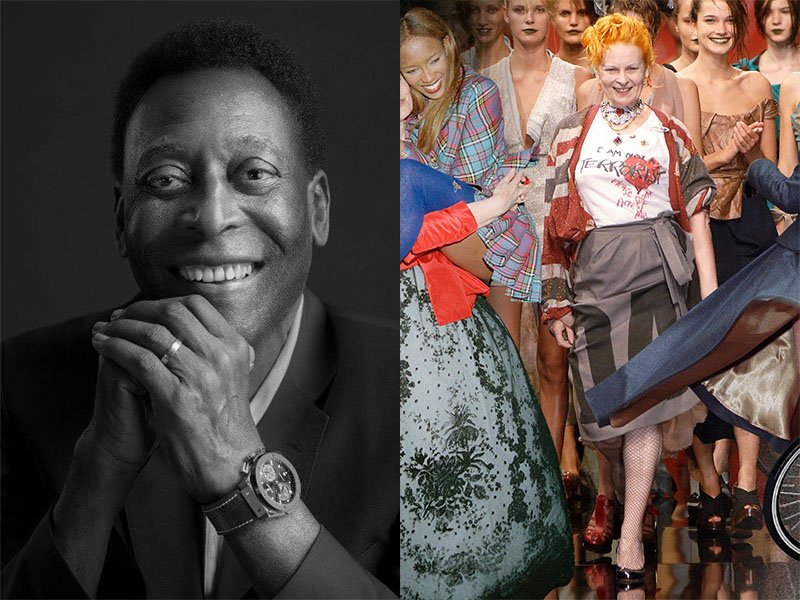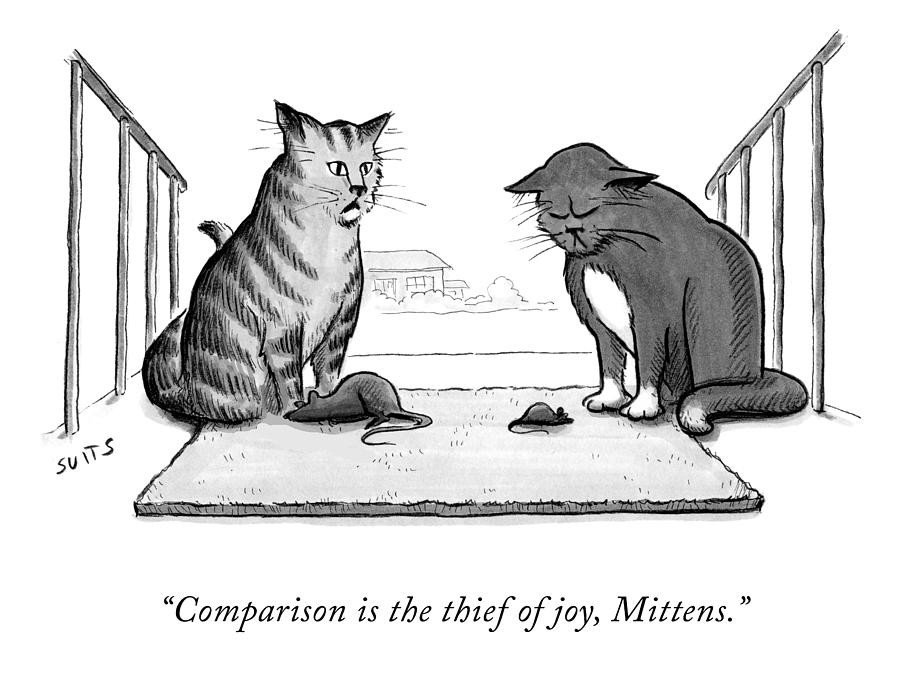In my experience, smart people never talk about how smart they are, as they are too busy growing their minds. I have made some observations of smart people, and I think that they tend to:
1. Change their mind
2. Read and write more
3. Have great manners
4. Talk less but say more
5. Stay teachable
6. Show gratitude
7. Ask more questions
8. Work on problems longer
9. Anticipate outcomes
10. Seek feedback





















